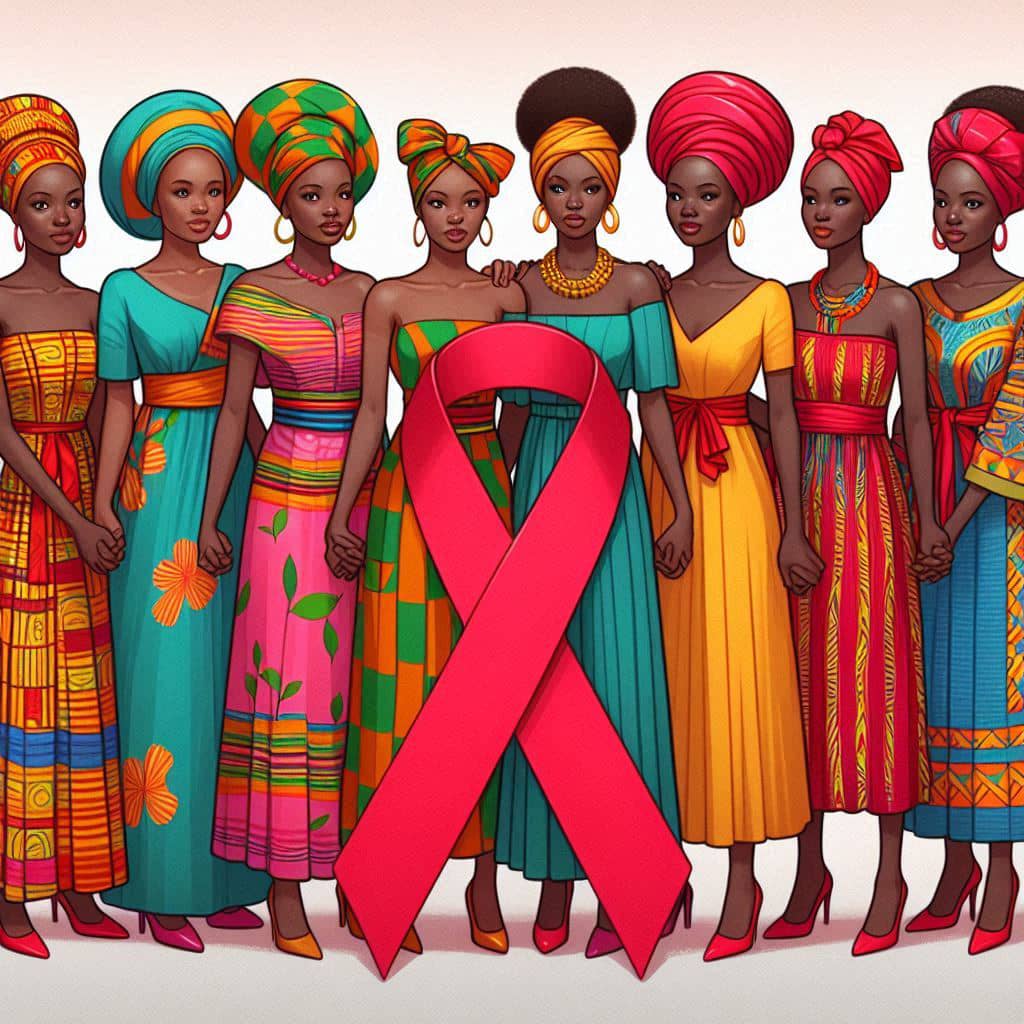Every year, the month of October turns pink with the global “Pink October” campaign, dedicated to raising awareness of breast cancer screening and supporting women affected by the disease. However, the realities of cancer prevention and treatment vary considerably from country to country. In Africa, and particularly in Burkina Faso, there are particular challenges in terms of access to care and awareness-raising. The absence of universal health coverage does not help in the management of this growing scourge.
Breast cancer: a global reality, with local disparities
Breast cancer is the most common cancer among women worldwide, with around 2.3 million new cases each year, according to the WHO. While developed countries have early detection programs and access to cutting-edge treatments, the situation is very different in Africa, where health infrastructures are often inadequate.
In Burkina Faso, as in many other sub-Saharan African countries, breast cancer is on the rise, with an incidence of 15.3%, but screening is still the only way to diagnose and treat the disease. Due to a lack of equipment, trained personnel and large-scale information campaigns, many women discover their disease at an advanced stage, which considerably reduces their chances of recovery. In addition, the public’s knowledge of the disease is a significant factor in the delay in treating it. Some professionals also have a misguided attitude towards this deadly scourge. In Africa, breast cancer mortality is often higher than in high-income countries, due to late diagnosis and limited access to treatment. In fact, in 2022, the number of cancer-related deaths on the continent will be around 91,252, or 11.9%. This makes breast cancer the leading cause of cancer deaths on our continent.
The challenges of early detection in Africa
In countries like Burkina Faso, early detection remains a major challenge. Unlike France, where women aged 50 to 74 benefit from a free national screening program, many African women do not have access to regular mammography. This is due to several factors:
Lack of medical infrastructure: Few health facilities have the equipment needed to perform mammograms.
High cost of examinations: In some countries, mammograms are expensive and not covered by public health systems. The lack of universal health coverage is a major factor in the delayed diagnosis and management of chronic and serious pathologies such as cancer.
Low awareness: The lack of large-scale information campaigns limits awareness of the risks and importance of early detection.
In Burkina Faso, for example, women who discover symptoms such as a lump or nodule in the breast are sometimes reluctant to seek medical attention, either because of a lack of financial resources, or because of a lack of information on the care available.
Local initiatives for Pink October
Despite these challenges, Pink October is gaining momentum in Africa. In countries like Burkina Faso, a number of local associations and NGOs are working to raise awareness of breast cancer among women. They organize information workshops, free screening days and communication campaigns to encourage women to seek medical advice sooner. For example, the NGO KIMI in Burkina Faso works with the Ministry of Health to promote health education and early detection.
Patient support
In Burkina Faso, patient support structures are still very limited, but they do exist. Local associations play a crucial role in accompanying women affected by cancer, providing psychological and sometimes financial support for treatment. However, the resources available are still insufficient to meet growing needs. This project, which should form an important cornerstone of patient care and solidarity, is still in its infancy. But support and political will should help to improve things further.
Research and treatment in Africa
Access to treatment in countries like Burkina Faso remains a challenge. Necessary drugs and treatments, such as chemotherapy or targeted therapies, are often out of reach for the majority of patients, due to a lack of financial resources or appropriate healthcare infrastructures. Medical research into cancer is also underdeveloped on the African continent, although international partnerships are beginning to emerge to fill this gap.
- October Rose is a global campaign, but it takes on particular significance in Africa, where awareness of screening and access to care are still far from widespread. In Burkina Faso, efforts are being made to improve prevention and patient support, but much remains to be done. Raising awareness at community level, strengthening health infrastructures and improving access to treatment are essential if the fight against breast cancer is to become a priority everywhere, not just in high-income countries.
Together, let’s take care of our breasts, wherever we are.
Dr F Abolore MD







OTHER ARTICLES
Editorial — Prevent, inform, and act for women’s health in Africa
Kenya : Government Prioritises Maternal Health and Strengthens Support for Community Health Promoters
Strengthening pandemic prevention, preparedness, and response capacities in Senegal using the “One Health” approach